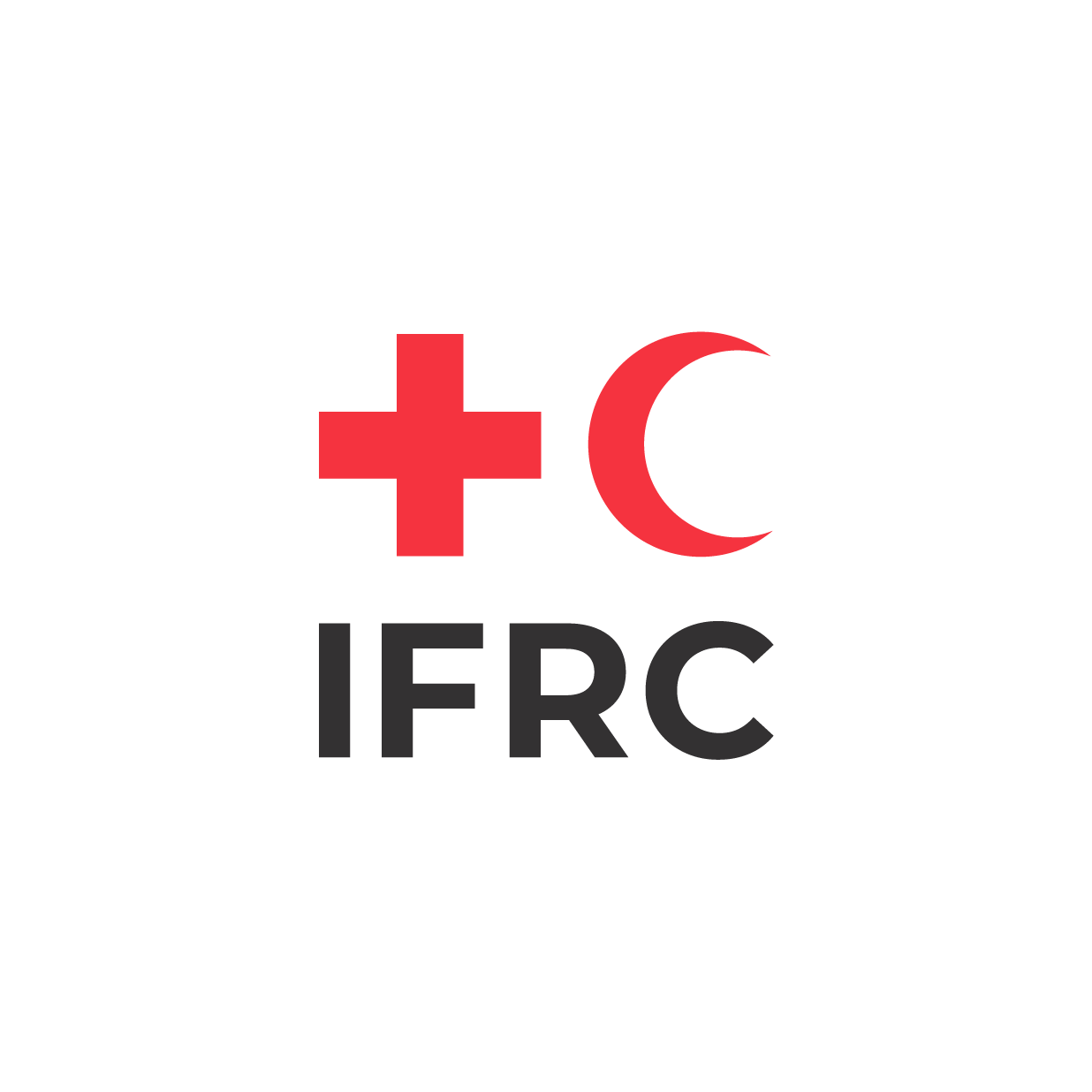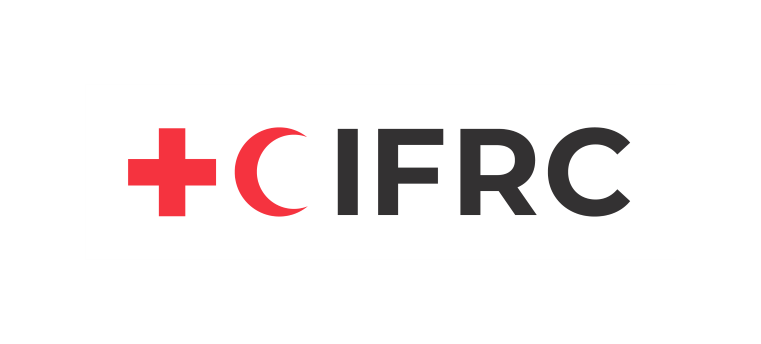Stage 0
Reference Sheet D
Organizational development, a resilient National Society
Successful implementation of this Road Map to Community Resilience depends on a National Society’s capacity. Organizational development measures may be required to revise staff and volunteer terms of reference, integrate the concepts, and provide the services foreseen in the Road Map. Before committing itself to community resilience programming, each National Society should therefore review the capacity of its staff and volunteers to take on additional challenges.
The IFRC has developed many policies, guidelines and tools for National Society development that are relevant to National Societies that decide to promote resilience. They include the Guidance for National Society; the National Society Development Framework (2013); the Characteristics of a well‑functioning National Society; National Society Governance Guidelines (1997); Strategic Planning Guidelines for National Societies: Developing and implementing a strategic plan in a National Society; the Volunteering Implementation Guide; the Youth Policy and Youth Engagement Strategy; Leadership development training tools; the Participatory Community Development Manual, Preparedness for Effective Response (PER), etc. These resources will provide a strong foundation for the new ways of thinking and operating that adoption of the Road Map to Community Resilience requires.
To provide NS development practitioners with easy access to NS development‑related texts, the IFRC hosts a National Society Knowledge Centre on FedNet. The center has arranged NS development resources and tools in the following order:
- Leadership development
- Legal base
- National Society planning and evaluation
- Volunteer development
- Youth development
- Branch and community development
- Relationship management
- Resource mobilization
- Information communication technology
National Societies can assess their organizational capacity with the help of the Organizational Capacity Assessment and Certification (OCAC). The OCAC’s objectives are to: (a) enable National Societies to assess their own organizational capacity, performance and national relevance, and thereby determine opportunities for self‑development; and (b) ensure that all National Societies commit to and comply with a comprehensive set of organizational minimum standards, and thereby protect and improve the overall performance of the Federation network. The Branch organizational capacity assessment (BOCA) tool is available for the same process to be carried out at the branch level.

The International Federation of Red Cross and Red Crescent Societies is the world's largest humanitarian network and is guided by seven Fundamental Principles: Humanity, Impartiality, Neutrality, Independence, Voluntary Service, Universality and Unity.
Follow IFRC
© The Global Disaster Preparedness Center 2024
